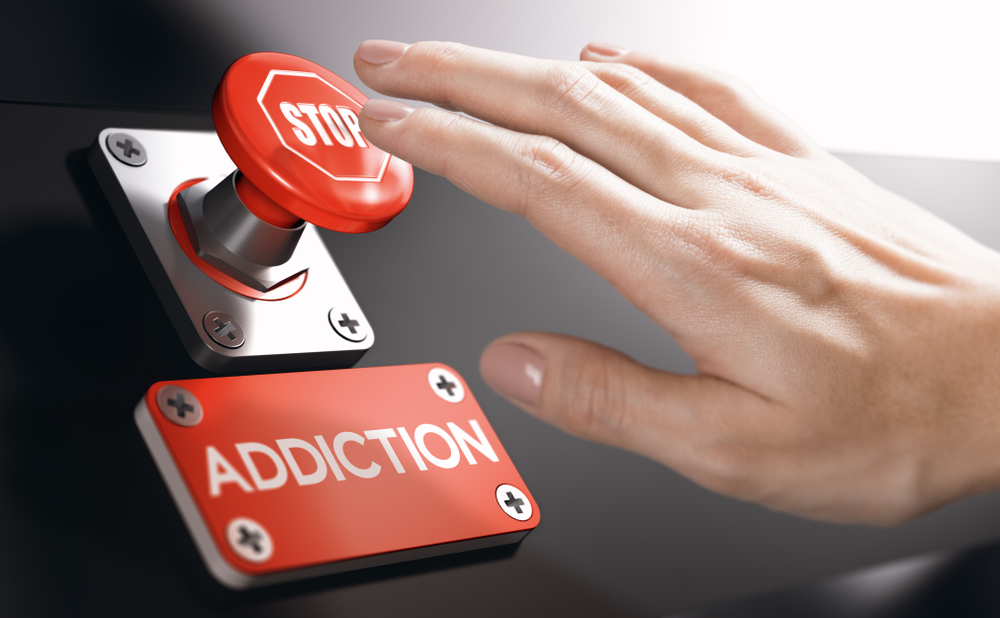Wealth
The Treatment Approaches for Addiction

There are many different treatment approaches for addiction. Some of them involve medication to help curb cravings for substances. While these can be short-term solutions, others are intended to help addicts recover for a more extended period. There are also many different types of treatment, including inpatient and outpatient programs.
Table of Contents
Inpatient Treatment
Inpatient treatment for addiction offers structure and restriction, which prevents impulsive cravings and promotes self-love. These factors are especially beneficial for people who are recovering from substance abuse. Additionally, an inpatient program offers an increased likelihood of long-term sobriety.
Inpatient care is often more effective in cases where the condition is more severe or when several issues are tied to the primary injury. However, outpatient treatment is equally effective. The difference lies in the extent of the treatment and the length of time to achieve its effects. Inpatient treatment is often the first step of rehab, but it can be followed by outpatient care if the patient wants to have stepped-down care.
Compared to outpatient programs, inpatient addiction treatment is typically more intensive. InpatientInpatient drug rehab programs begin with a medically assisted detox, during which a physician will monitor vital signs. Withdrawal symptoms can be severe and often lead to relapse. With constant medical supervision, inpatient treatment prevents degeneration by limiting access to triggers and substances. Find out more about the program; the patient may be subjected to a drug test.
Medication
Medication is an essential part of addiction treatment, but it is not an independent treatment. In addition to addressing addiction’s physical and emotional effects, psychosocial and behavioral therapies are essential for recovery. These therapies treat the underlying causes of addiction and teach individuals to recognize and manage their triggers and cravings.
Some people reject medication use in addiction treatment. However, medication helps people cope with withdrawal symptoms, while counseling helps deprogram behaviors. During this period, people may be placed in supervised housing to reduce withdrawal symptoms. These medications can also be used to treat co-occurring mental or physical issues.
Cognitive-Behavioral Therapy
A meta-analysis of studies using cognitive-behavioral therapy for addiction found that 60 percent of cocaine addicts who underwent treatment were no longer addicted after a year. Numerous other studies backed up the findings of this study. Some clinical psychologists also believe that cognitive-behavioral therapy can help people who are struggling with substance abuse.
Cognitive-behavioral therapy works by changing the way addicts think and behave. Through therapy, patients can learn to identify their automatic negative thoughts and replace them with healthier ones. This approach helps addicts become more responsible and proud of their recovery.
Naltrexone
Naltrexone is a drug that prevents people from getting high and is used to treat alcoholism and substance abuse. It is a safe and effective treatment that can help people quit alcohol or opioids. Patients must remain abstinent from alcohol and other substances while taking naltrexone to prevent the onset of withdrawal symptoms. Naltrexone does not cause respiratory depression or sedation and is considered non-addictive when used according to the prescribed dosage. These benefits make naltrexone an attractive option for recovering addicts.
Naltrexone is a prescription medication administered under a physician’s supervision. The dose can be as high as 50 milligrams per day, but it is recommended that patients take it according to a strict schedule. This medication should be used in conjunction with an effective behavioral treatment program.
Vocational Rehabilitation
A vocational rehab is a treatment approach that focuses on helping people gain new skills and get back on their feet. While many of these programs are aimed at helping people with serious disabilities or illnesses find new careers, they can also benefit people suffering from substance abuse. As addiction to substances is a disease, it can affect people’s jobs and worsen their lives.
Addiction can interfere with basic needs, such as hygiene and structure. It can also interfere with personal insights and self-esteem. While traditional employment and educational services may not directly impact addiction, the support and guidance from vocational counseling programs can significantly improve basic needs and restore emotional stability.
Are you interested in learning more amazing tips like this one? Check out our blog for the latest guides and insights for all your needs 5elifestyle !













